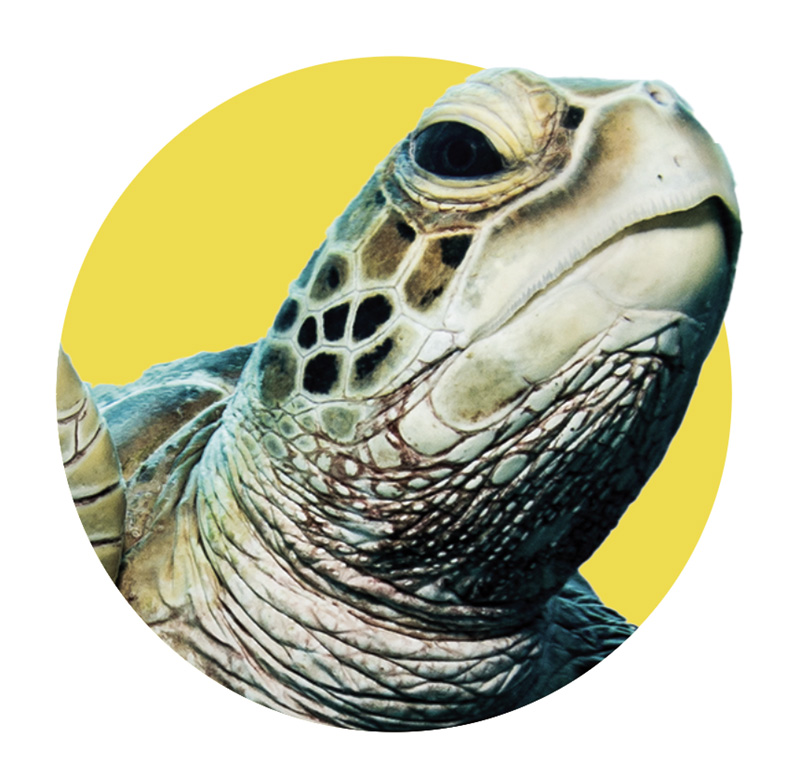At this stage of summer, the local waters are teeming with various species of fish that tempt many to the waters in search of that perfect catch. Rockfish, drum, croakers, and tog are just a few of the finned focus of area anglers in Delaware.
The sport of fishing, though, can take an environmental toll. Abandoned fishing lines, lures, and general refuse can easily enter the water and endanger the ecosystem. That said, with just a few precautions, anglers can still enjoy their pastime without causing any additional damage. By adopting an eco-friendly approach, anglers can help protect fish populations as well as the environment.
Know the Rules and Regulations: A general fishing license is required for fishing, crabbing, or clamming in tidal and non-tidal waters throughout the State of Delaware. There are different regulations between tidal and non-tidal finfish, additionally, there are restrictions within the various species of gamefish and freshwater fish, so become familiar with them before baiting that hook.
Practice Catch-and-Release:If you’re not planning to consume your catch, consider catch-and-release. Delaware encourages catch-and-release fishing to make the most of your angling success. Use barbless hooks to minimize injury (to you and the fish), handle the fish carefully, and release it quickly and gently back into the water.
Use Sustainable Gear: Choose gear with eco-friendly materials (such as bamboo or recycled materials). Avoid lead sinkers, which can be harmful to wildlife if ingested:
Fishing Lures: use biodegradable lures. Rubber (which most lures are made with) doesn’t break down. Consider biodegradable plastic that dissolves over time.
Weights: Traditional lead weights are toxic to humans and fish. Sinkers made from safer materials cause less damage if ingested or left in the water. Common substitutes include brass, steel, tungsten, or tin (make sure they’re chip-resistant to prevent paint loss in the water). While it may cost a tiny bit more, the benefits outweigh the costs.
Eco-Fishing Line: Biodegradable monofilament fishing lines are crafted from a plant-based, 100% biodegradable polymer designed to biodegrade within about 7 years.
Tackle and Equipment: If you use nets, consider knotless, and instead of fresh bait from fish habitats, choose artificial.
Reduce Your Impact: Always properly dispose of any fishing line, hooks, and other waste. If you choose to cast in a remote area, collect all trash in a small container and dispose of it properly in designated receptacles.
Respect Wildlife:The Delaware coast is part of the Atlantic Flyway, which is used by countless species of migrating sea birds. Be sure to check before venturing out to ensure you are not disrupting any natural habitats.
Practice Ethical Fishing: Use proper fish handling techniques to minimize stress and injury to the fish. Avoid overfishing and target only species that are abundant and sustainably managed.
Compost: If you plan to take home your regulation catches, after cleaning, cooing, and eating them, consider composting any unused fish parts with your plant waste that you can use to grow greenery and replenish the soil.
Fish are foundational in world economies and have been a staple sustenance of a daily diet throughout the globe. And while responsible anglers take joy in reeling one in, they are also astutely aware that the livelihood of fish is just as critical as that of humans. With just a few adjustments we can ensure the sport will be enjoyed by future generations.

MERR provides rescue and response for stranded marine animals that occur throughout the state of Delaware. MERR is a 501(c)(3) organization dedicated to the conservation of marine animals and their habitat. If you notice a marine mammal or sea turtle in distress in Delaware, please contact MERR’s 24-hour hotline at 302.228.5029.
Rob Rector has served as naturalist and board member for 20 years, is a certified Protected Species Observer, and leads weekly dolphin observation tours that use citizen science to gather information on our local Bottlenose Dolphin populations.















